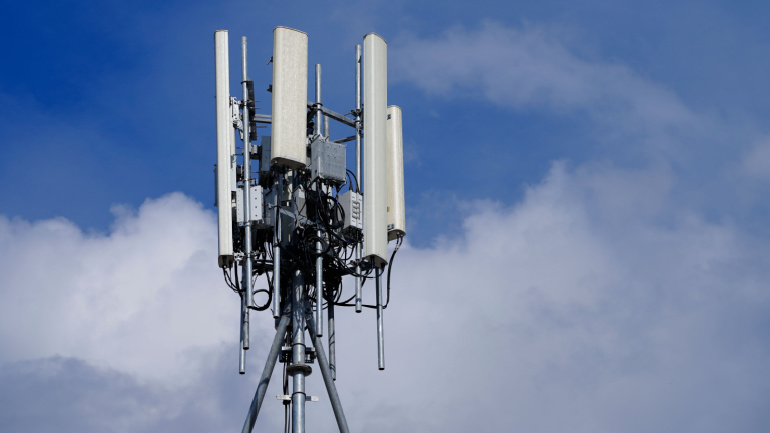Verizon has inked a new deal with the US Department of Defense (DoD) to install a 5G tower on Oahu, Hawaii. The $1 million project aims to address the longstanding issue of poor connectivity in the area surrounding the Army and Air Force Exchange Service’s (Exchange) HMR Express.
Exploring fresh avenues in cybersecurity alliances, Ukraine and Romania envision bolstering digital frontline with an impactful pact. The focus pivots around supercharging cybersecurity, enabling 5G technology, and rehabilitating Ukraine’s connectivity infrastructures in light of recent cyber breaches. Spearheading distinctive initiatives, the collaboration plans to fortify national networks, establish a cloud-based public e-service platform and popularize 5G technology across Ukraine.
A surge in data roaming is poised to take center stage, driven by the escalating adoption of 5G services among consumers, according to research conducted by Kaleido. The study foresees a substantial 36% annual increase in both consumer and IoT roaming data usage, projecting a remarkable climb to nearly 5,000 Petabytes by the year 2024.
In a groundbreaking trial, SK Telecom (SKT) and Thales have successfully tested the encryption and decryption of identity data on a 5G network, aiming to safeguard user privacy from potential quantum threats. The experimentation utilized Thales’ cutting-edge 5G Post Quantum Cryptography (PQC) SIM cards within a trial 5G standalone network environment provided by SKT.
Imagine a search and rescue mission in remote rural areas, being empowered by the wings of a drone, beaming down 5G connectivity. This very scene is unfolding in Warwickshire, UK, thanks to Virgin Media O2’s innovative approach. The drone, armed with a petite mobile base station, creates a nimble communication network, offering vital real-time data to rescuers.
Malaysia’s 5G space sees major collaborative efforts as five mobile network operators (MNOs) each nets a 14% equity stake in Digital Nasional Berhad (DNB), forming a total 70% share. The remaining 30% will rest with the government. This bolstering of DNB’s finances aims to facilitate the evolution from the current Single Wholesale Network model to a more efficient Dual Network one.
The race for 5G supremacy is intense, and LexisNexis IPlytics explores the landscape in their 2023 report. CEO Tim Pohlmann notes a significant surge in 5G patents, with the top 10 players owning 76% of declared patent families. The US leads in patent volume, followed by China and Europe. Huawei dominates the top 50 ranking. Pohlmann emphasizes the role of Chinese companies, particularly Huawei, in shaping the 5G sector, extending their influence to the automotive industry
In a significant move towards advancing 5G network capabilities, Telenor and Ericsson have officially entered a three-year Memorandum of Understanding (MoU). The collaboration aims to pioneer research, development, and testing of Artificial Intelligence (AI) and Machine Learning (ML) solutions, with a primary focus on enhancing energy performance without compromising network quality.
T-Mobile’s steadfast dedication to Texas has led to unmatched 5G network coverage, cementing the Lone Star State’s connectivity footprint. Continual site enhancements and a robust expansion program showcase this commitment, with significant contributions to local communities through initiatives like ‘Homegrown Grants’ and the ambitious Project 10Million.
Unveiling a transformative pact in the maritime industry, Spain’s Sateliot and maritime container tracking leader T42 aim to revolutionize container tracking and monitoring with 5G-IoT technology. This exceptional venture will deploy thousands of 5G-IoT sensors linked to Sateliot’s LEO satellite constellation, promising unparalleled oversight over sea-borne goods.













